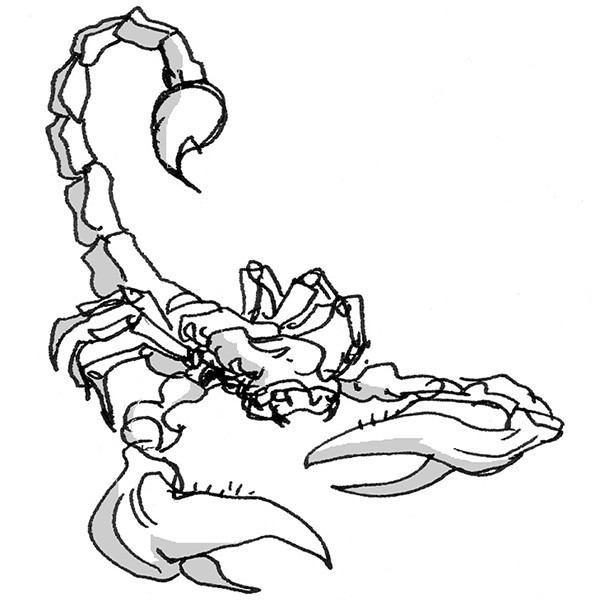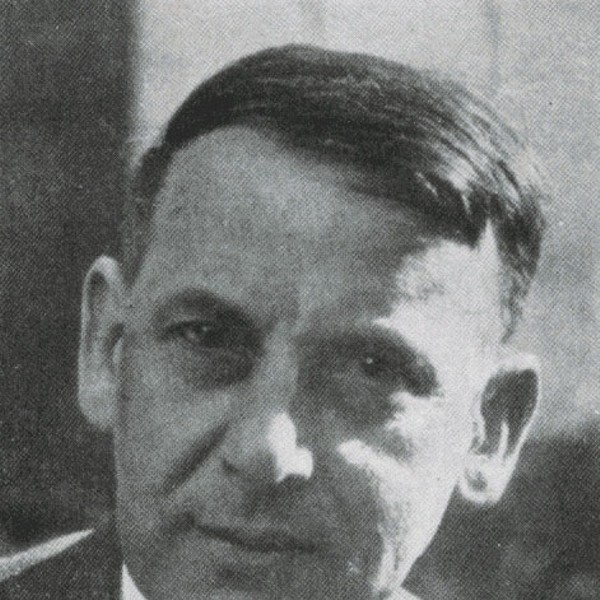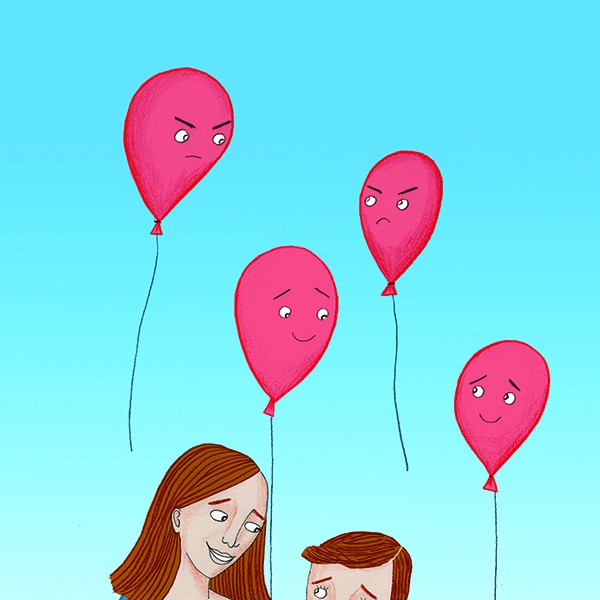—John Milton, Paradise Lost
When we look back honestly on this phase of history, we’ll see that one of the most profound issues of our day is a pandemic-scale crisis of self-esteem. We don’t need to look far for the manifestations of this, or for the causes. They surround us so completely that we barely notice them; or if we do, we assume they are an indelible part of existence. They are built into our relationships, which are often designed as shelter from the storm, but which don’t usually work.
As my editor Brian put it when I ran this article idea past him, he’s noticing this most in people feeling like they are going insane because the world doesn’t appreciate who they are or what they have to offer. This is particularly strange in a world that has nothing but ever-increasing needs; in theory we should all be in greater demand.
To describe something as a crisis of self-esteem is to use a phrase covering a great many potential situations. Ultimately they all come back to how we feel about ourselves and our existence. Do we feel good about who we are? On a deeper level, do we consciously notice our existence? Do we feel like we have a right to exist?
We may not be so articulate with ourselves. Usually, we get the data in emotional form. If we’re struggling, it may arrive as depression (literally, the sense of being pressed down) to the challenges of adapting in a world that is not the same place from hour to hour. Adapting takes energy and being in a constant process of adjustment can consume nearly all of our energy.
Self-Esteem
Let’s first get a definition of esteem up on the blackboard. According to Etymology Online, “esteem” means to estimate the value of something. The word dates to 1450. It was initially used the same way we use the word estimate, so that a conscious evaluation is implied, not simply a notion. The term “self-esteem” is neutral: It can represent a high value, or a low one, pending evaluation.
As for self-esteem, Oxford English Dictionary defines it simply as “a favourable appreciation or opinion of oneself,” and one of the first to apply the term was John Milton. But it was popularized by phrenology, which assigned it a “bump” on the skull in the early 19th century. I’ll have to learn how to find that bump and do an informal study, to see who actually has one.
I prefer to use the term “self-respect,” which would literally mean seeing who you are, again. To have self-respect, you would need to notice twice. This implies an evaluation and a reevaluation. Too often these are missing; low self-esteem often comes from the absence of an actual assessment.
In practical terms, the pain we associate with low self-esteem can show up as any of the following: the feeling of being worthless or useless; having no sense of purpose; feeling like one’s life is out of control; feeling submissive to the needs of others; feeling unworthy of love; hating oneself; walking around thinking everyone hates you; being stalked by guilt and/or shame; feeling like no place is actually home; obsession with relationship in the midst of any or all of this; constantly feeling lonely, even if you’re in a relationship; being terrified of intimacy; or feeling like relationships are prison cells.
Let’s add to that the feeling that life has already passed you by, such as feeling old at age 19.
Mentoring Insecurity
What exactly is going on? How did this come to be? Well, let’s start with the chaotic households that nearly everyone was brought up in, and how little time is devoted to children. Let’s consider kids growing up around parents whose lives are nearly constant struggles, as has happened to so many of us. Adults living in a world of pain teaches kids to feel badly about themselves, in part because kids take on, and blame themselves for, the pain of their caregivers. Too often, it’s not possible for children to be the center of attention, like they need to be at the beginnings of their lives. When our lives are warped or twisted around those of other people, where we do not exist as individuals but as subsets of more powerful people, that teaches us to do the same things to others—and it’s a lonely world when that happens.

















